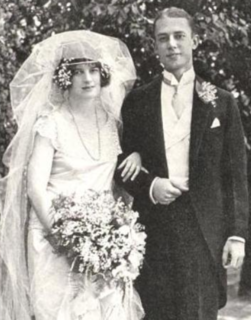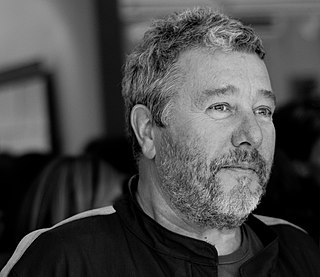A Quote by Theodore White
Quality in a classical Greek sense is how to live with grace and intelligence, with bravery and mercy.
Related Quotes
Grace has to be the loveliest word in the English language. It embodies almost every attractive quality we hope to find in others. Grace is a gift of the humble to the humiliated. Grace acknowledges the ugliness of sin by choosing to see beyond it. Grace accepts a person as someone worthy of kindness despite whatever grime or hard-shell casing keeps him or her separated from the rest of the world. Grace is a gift of tender mercy when it makes the least sense.
When the rhythms of our body-mind are in synch with nature's rhythms, when we are living in harmony with life, we are living in the state of grace. To live in grace is to experience that state of consciousness where things flow effortlessly and our desires are easily fulfilled. Grace is magical, synchronistic, coincidental, joyful. It's that good-luck factor. But to live in grace we have to allow nature's intelligence to flow through us without interfering.
If a person has grasped the meaning of God's grace in his heart, he will do justice. If he doesn't live justly, then he may say with his lips that he is grateful for God's grace, but in his heart he is far from him. If he doesn't care about the poor, it reveals that at best he doesn't understand the grace he has experienced, and at worst he has not really encountered the saving mercy of God. Grace should make you just.
Aunt Mercy put down her tiles, one at a time. I-T-C-H-I-N. Aunt Grace leaned closer to the board, squinting. "Mercy Lynne, you're cheatin' again! What kinda word is that? Use it in a sentence." "I'm itchin' ta have some a that white cake." "That's not how you spell it." At least one of them could spell. Aunt Grace pulled one of the tiles off the board. "There's no T in itchin'." Or not.
Few men are willing to brave the disapproval of their fellows, the censure of their colleagues, the wrath of their society. Moral courage is a rarer commodity than bravery in battle or great intelligence. Yet it is the one essential, vital quality for those who seek to change the world which yields most painfully to change.
Love takes off the masks that we fear we cannot live without and know we cannot live within. I use the word "love" here not merely in the personal sense but as a state of being, or a state of grace - not in the infantile American sense of being made happy but in the tough and universal sense of quest and daring and growth.































